Author: Brace Hayden, DPTSleep is something that is vital to the human body. Every system in our body needs sleep to function efficiently. Many people struggle with getting sufficient quality sleep. Getting inadequate or poor-quality sleep is linked to a variety of health-related disorders and reduces your body’s ability to heal. Fortunately, getting more quality sleep is a skill that can be improved with ‘sleep hygiene’ practices. Here are some strategies we have gleaned from the current research (see references below) that can help improve your sleep.  Reduce Anxiety and Stress Anxiety is a massive sleep killer. Do everything you can to banish it from your bed. There are ample methods to reduce anxiety: counseling, making lists, self-calming techniques (relaxation, meditation, deep breathing, coloring). 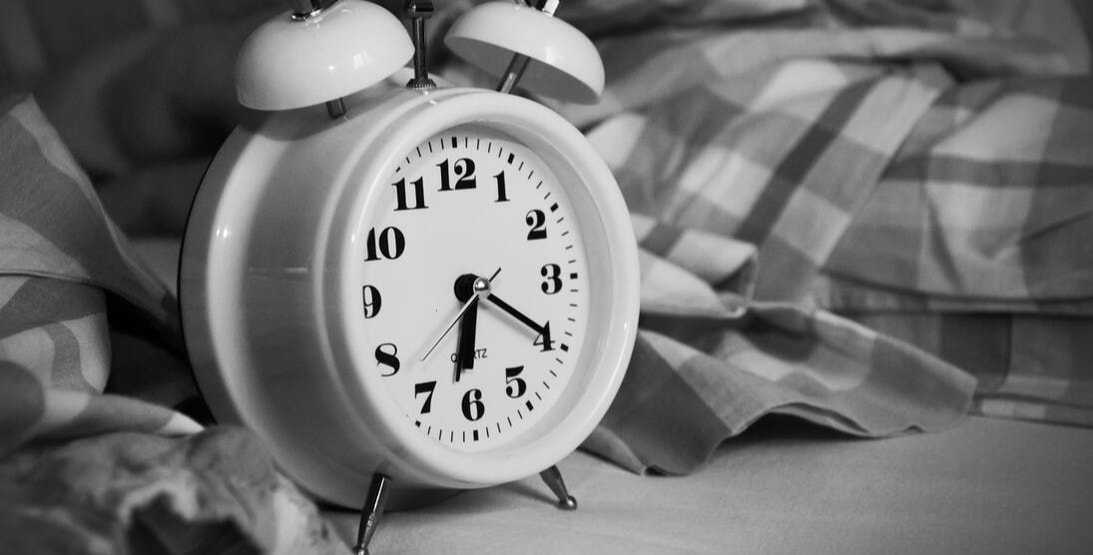 Make Sleep a Habit Set a routine and stick to it. Your sleep clock or circadian rhythm can get off balance with variations in your sleep-wake cycle schedule. Set a desired wake-up time and a bedtime routine that you can consistently stick with 7 days a week. On average, most adults need seven to nine hours of sleep. Seniors (over 65 years) require less sleep and tend to wake more often throughout the night. Training your body for optimized sleep requires a set routine. Go to bed early, as studies have shown that people feel more refreshed and awake when they get more hours of deep sleep before midnight. Nap Time “Power napping” during the day for 20 minutes or less can be beneficial if you are feeling sleepy. A nap duration for more than 20 minutes can negatively effect on your sleep routine.  Dark, Cool and No Devices Keep your bedroom dark and cool. Blackout shade or heavy curtains will help keep you asleep during the longer daylight spring and summer months. Avoid electronics in the bedroom (phones, tablets, TVs, and night-lights). 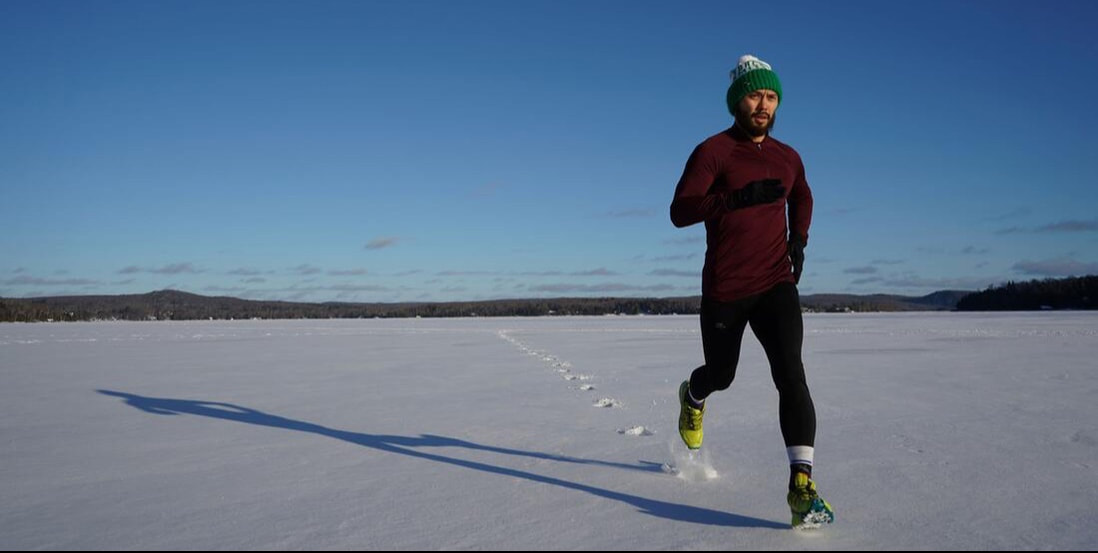 Exercise Regularly Regular aerobic exercise will improve sleep. Try to get 5-7 days of aerobic exercise for at least 40-60 minutes (walk, jog, bike, swim, etc.). Avoid stimulating activity and vigorous exercise within three hours before sleep. Liquid Intake and Caffeine Limit liquid intake (water, alcohol, milk, etc.) in the evening for the 2-3 hours prior to your bedtime to avoid multiple bathroom breaks during the night. Avoid bladder and brain irritants (alcohol. caffeine) in the evening, especially after 7 pm. Limit eating or drinking caffeinated drinks or food (chocolate, tea, coffee, etc.) after 2:00 p.m. Close Your Eyes
If you wake up in the middle of the night or can’t fall asleep after 30 minutes of winding down. Get out of your bed, go into another room, and reset your pre-bed relaxation routine. Try to do something that is not too interesting or stimulating for 30-45 minutes (listen to relaxing music, meditate, practice taking long slow deep breaths, color, or read something dry). Tossing and turning trains your body and brain have a negative relationship to being relaxed and sleepy in your bed. Beds are for sleeping (and sex). REFERENCES (available online or at your public library): The sleep solution: why your sleep is broken and how to fix it Author: Winter, W. Chris Quiet your mind & get to sleep: solutions to insomnia for those with depression, anxiety, or chronic pain Author: Carney, Colleen
0 Comments
Leave a Reply. |
Search by typing & pressing enter

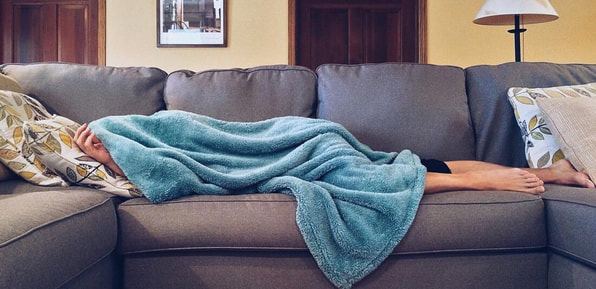
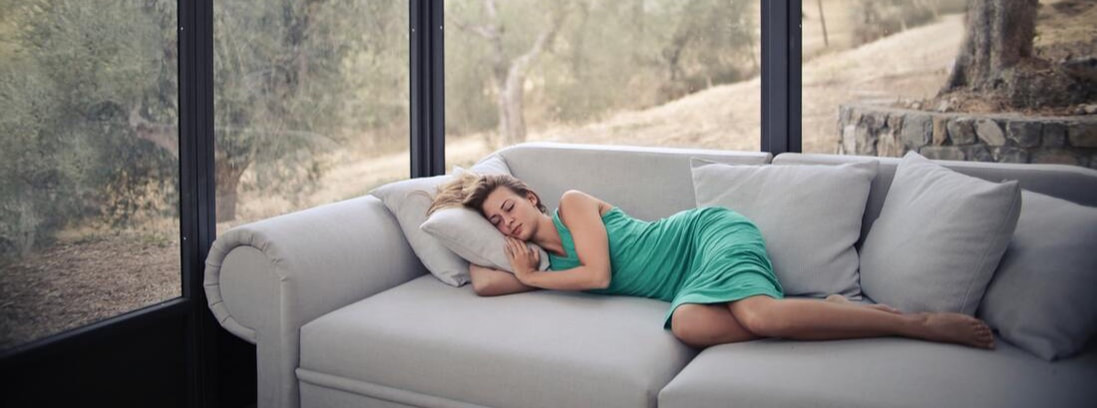
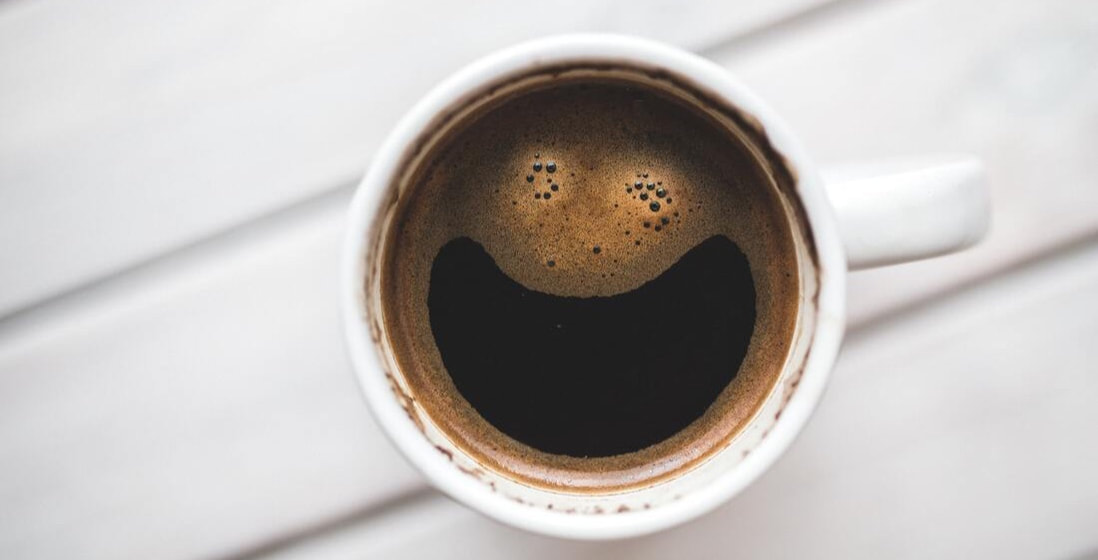

 RSS Feed
RSS Feed





